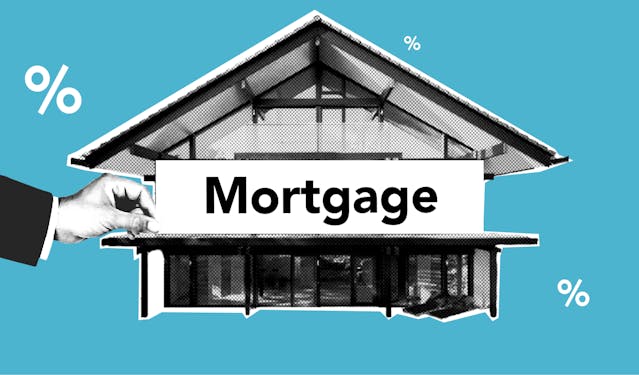
In the realm of financial planning, reverse mortgages stand out as a unique and sometimes misunderstood option for homeowners, particularly those nearing retirement. Unlike regular mortgage repayment, the reverse mortgage program allows homeowners to use their homes as collateral and gain cash without necessarily selling the house. This financial tool is useful for those people who need additional income in their subsequent years yet it often comes with questions and considerations. This guide will explore the complexities of reverse mortgages, shedding light on their benefits, risks and what homeowners need to know before deciding.
The Fundamentals of Reverse Mortgages: A Closer Look
Reverse mortgages are specifically designed for homeowners aged 62 and older, allowing them to access their home equity and receive payments without the need for monthly repayments. This arrangement can be especially beneficial for those who own a home but are short on cash, as it provides a consistent income stream while allowing them to keep their home. In a reverse mortgage, the lender pays the homeowner as opposed to a traditional mortgage, where the homeowner pays the lender. The amount received is determined by several factors, including the value of the home, the borrower’s age, and the current interest rate. It’s critical to realize that interest accumulates over time, increasing the loan debt. That repayment is normally due when the homeowner sells the property, moves out permanently, or passes away.
Exploring the Payment Options and Their Implications
When considering a reverse mortgage, homeowners have several payment options to choose from, each with its own set of implications. The most common options include lump sum payments, monthly payments, or a line of credit. A lump-sum payment entails receiving a large sum of cash in one period, which is particularly favorable in parting with huge balances or for making big purchases. But it also means that that much equity is not left at the end of the investment period. Payment plans can provide income regularly monthly, which is good for candidates who need additional income to maintain a comfortable earning standard after retirement. However, a line of credit enables homeowners to withdraw money in small portions, thus being more advantageous and may reduce the interest. Knowledge of these kinds of options and how they relate to financial goals is therefore important in making a decision.
The Costs and Fees Associated with Reverse Mortgages
Reverse mortgages include charges that need to be carefully evaluated, even if they might provide financial relief. These might include origination, closing, and service expenses, all of which have a big effect on the homeowner’s net payoff. The interest rates associated with reverse mortgages are also often higher than those of conventional mortgages, which, over time, may further erode the residual equity. In addition, homeowners must pay for maintenance expenses, homeowners insurance, and property taxes, all of which may increase their financial burden if not well budgeted for. In order to decide whether a reverse mortgage is the best option, it is essential to balance these expenses against any possible advantages.
Assessing the Long-Term Impact on Inheritance and Homeownership
Another important factor that may influence the decision of homeowners to take a reverse mortgage is the effect of the product on homeownership and bequeathing. This is because the loan balance rises yearly, and it can greatly affect the equity in the home, and in the end, the heirs may get nothing. Since reverse mortgages are considered nonrecourse loans, the remaining loan balance does not have to be paid by the homeowner or their estates if the proceeds from the home sale are insufficient to cover it. However, heirs may have to sell it to pay off the loan, which is not always easy for the heirs to handle. It is important for the homeowners who want to pass on the property to their loved ones to know these consequences.
Legal and Ethical Considerations in Reverse Mortgages
Lastly it is important to look at the legal and ethical issues of reverse mortgages. Although they are overseen by the Federal Housing Administration (FHA) and provide consumers with requirements like mandatory counseling, reverse mortgages have been called confusing and, in some instances, mis-sold by lenders. People who own houses must be very careful and make sure that they understand all the conditions of the agreed terms, and if they cannot, then they should seek help from a different source. Other legal concerns, including the survivor’s rights, the possibility of foreclosure, and the effects on Medicaid, should also be discussed. When dealing with reverse mortgages, it is important to understand the concept and seek advice from professionals in order to use it for the right purposes.
Conclusion
In conclusion, reverse mortgages provide a unique opportunity for homeowners to access their equity while still living in their houses. However, they involve complexities and costs that must be carefully considered. Homeowners can make well-informed selections that meet their requirements and financial objectives by comprehending the basics, looking into payment possibilities, evaluating the long-term effects, and considering the ethical and legal factors.


